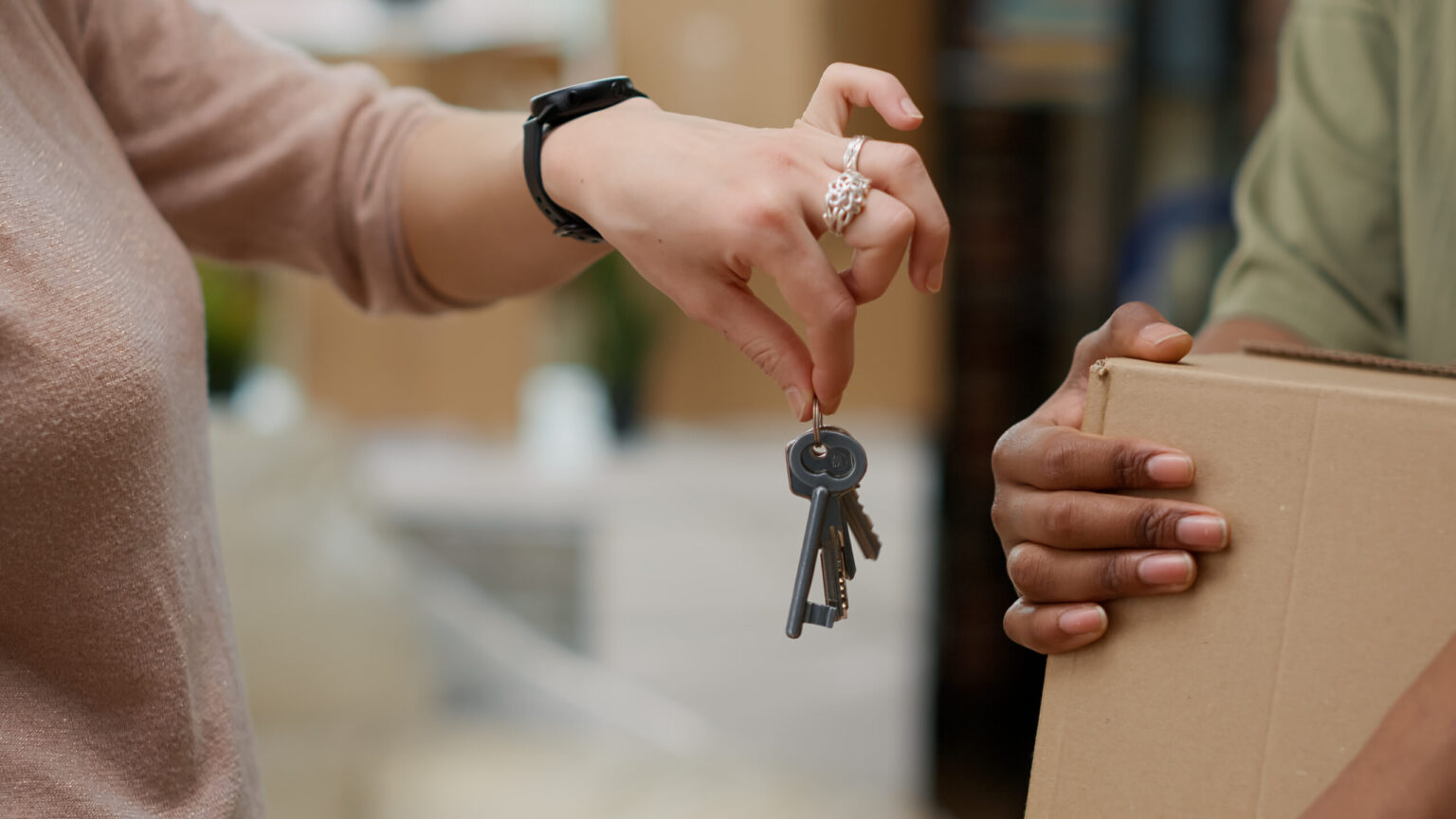Buying your first home is a monumental moment in many people’s lives. It can mark the beginning of a new chapter, offering the independence and freedom to make a space truly your own. Despite the excitement, navigating the journey from mortgages to moving day can be filled with complexities. Between securing finance, finding the perfect property, and getting the keys in hand, the process can seem daunting, especially for first-time buyers. Below we demystify what you can expect and share helpful tips to guide you through the essential stages of buying your first home.
Understanding the Mortgage Process

Securing a mortgage is often the first step to homeownership. A mortgage allows you to borrow money from a lender to buy a property with the understanding that you will repay it, with interest, over a set period. For first-time buyers, the world of mortgages can seem complicated. It’s crucial to understand the different types of mortgages available, how much you can borrow, what deposits you’ll need, and what your monthly repayments will look like.
The amount you can borrow for a mortgage depends on various factors, including your income, credit history, and the value of the property you want to buy. It’s important to review your finances before applying for a mortgage, ensuring that you can comfortably meet the monthly repayments. Be candid with your lender about your financial circumstances and let them guide you on the best mortgage product for you.
Finding the Right Property and Making an Offer
Once you have an idea of your budget, the next step is finding your dream home. Consider factors such as location, property size, proximity to amenities, and potential for growth. Make a list of non-negotiable features and those you’re willing to compromise on. Make use of real estate agents, online property portals, and open house viewings to find available properties within your price range.
When you find a property that ticks all your boxes, it’s time to make an offer. It’s a good idea to research the local property market to understand whether your offer is reasonable. Having your residential mortgages in principle in place will give sellers confidence that you’re a serious buyer, increasing your chances of your offer being accepted. Remember to negotiate and stand firm with your price to avoid overspending.
Handling the Legal Process

The legal process involved in buying a property, known as conveyancing, is handled by a solicitor or licensed conveyancer. They will handle the contract, deal with the Land Registry, and transfer the cash to buy your new home. It’s important to choose a reliable professional as they play a crucial role in the deal proceeding smoothly.
The conveyancer will also carry out searches against the property to disclose details about its ownership, boundary, and any proposed developments nearby that might impact the property’s value. The results of these searches could influence whether you decide to proceed with the sale or negotiate the price down.
In addition, your legal representative will liaise with the seller’s solicitor, help you understand the legalities of your mortgage contract, and ensure that the seller is the rightful owner of the property before you proceed with the purchase.
Moving Into Your New Home
On completion day, the money is transferred from your solicitor to the seller’s solicitor, and you officially become a homeowner. When moving into your new home, you may realize that not all your belongings fit or that you need time to sort out where things will go. It can be helpful to rent a storage unit during this transitional period, providing a safe and secure place for your possessions until they can be adequately accommodated.
Don’t feel pressured to unpack everything at once. Settle in gradually, starting with essentials like your bed and kitchenware. Allow yourself time to decide on the placements of larger items of furniture and to identify any new pieces you might need to make the space feel like home.
Finally, ensure that you notify your bank, employer, and any other relevant parties of your change of address. Celebrate your new status as a homeowner and enjoy the process of making your new house a home.
Overall, remember that purchasing your first home is a significant milestone. It demands careful thought and deliberate actions at every stage. So do your due diligence, seek professional advice when needed, and take the time to celebrate this incredible journey into homeownership.


